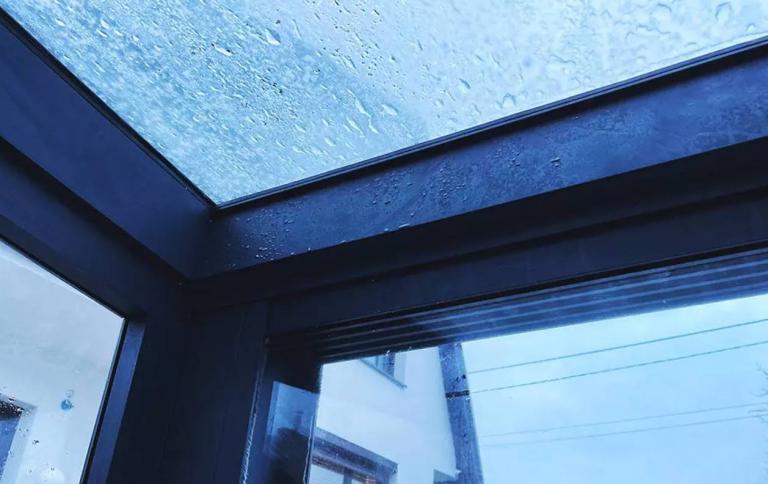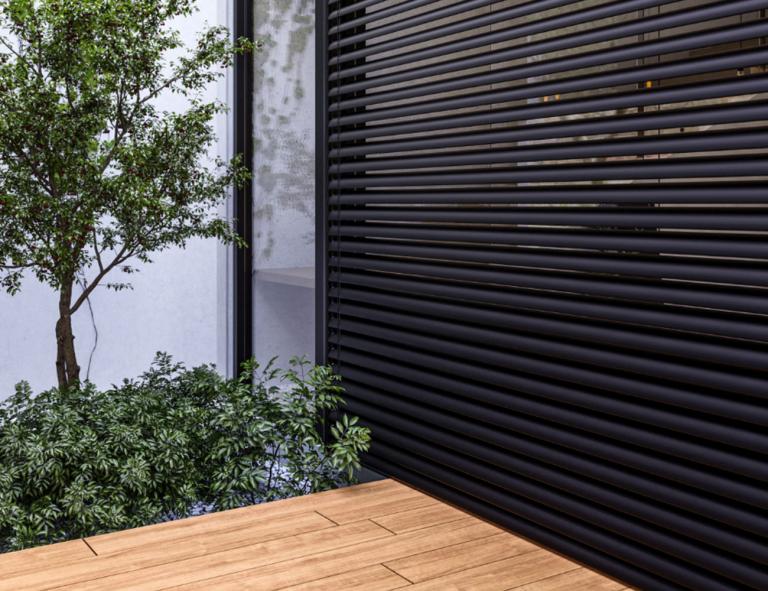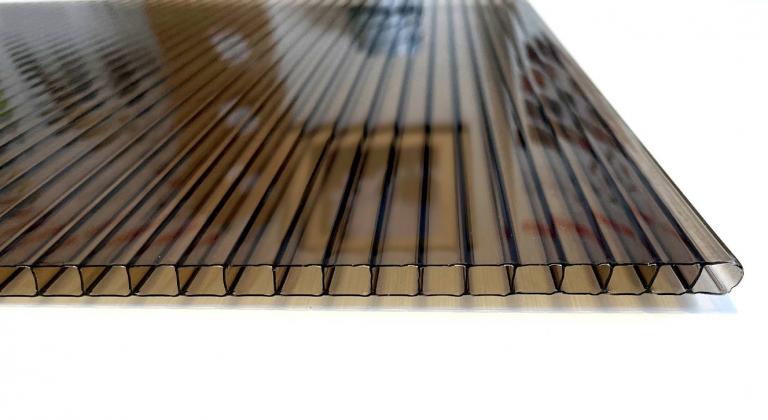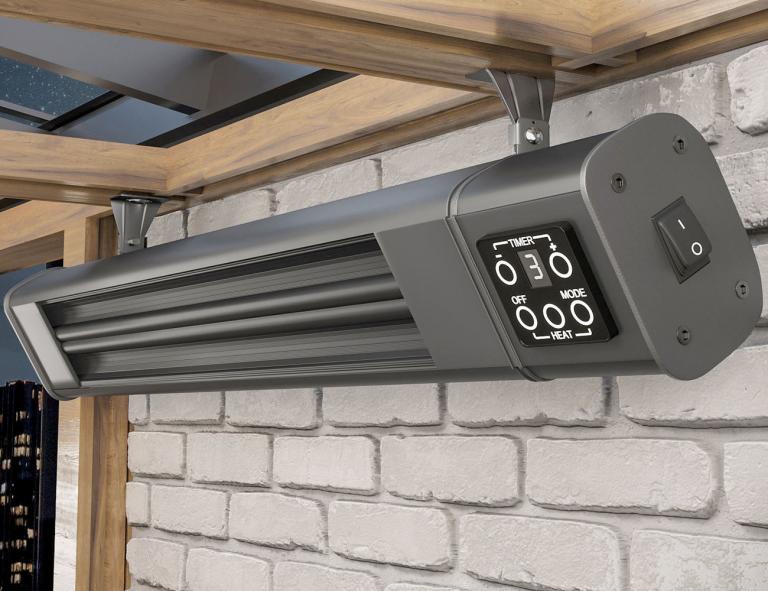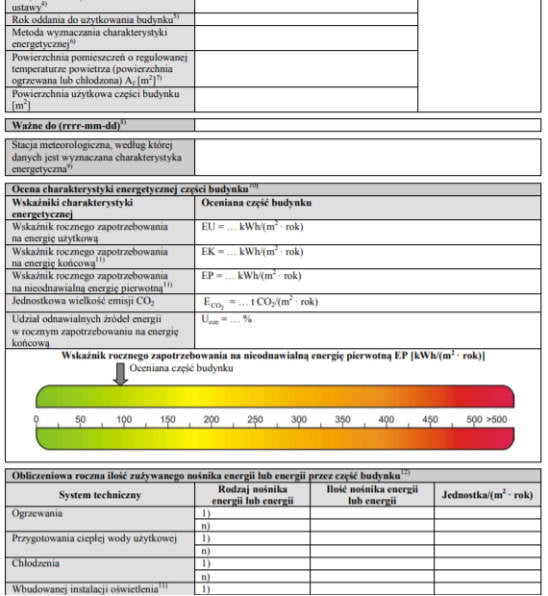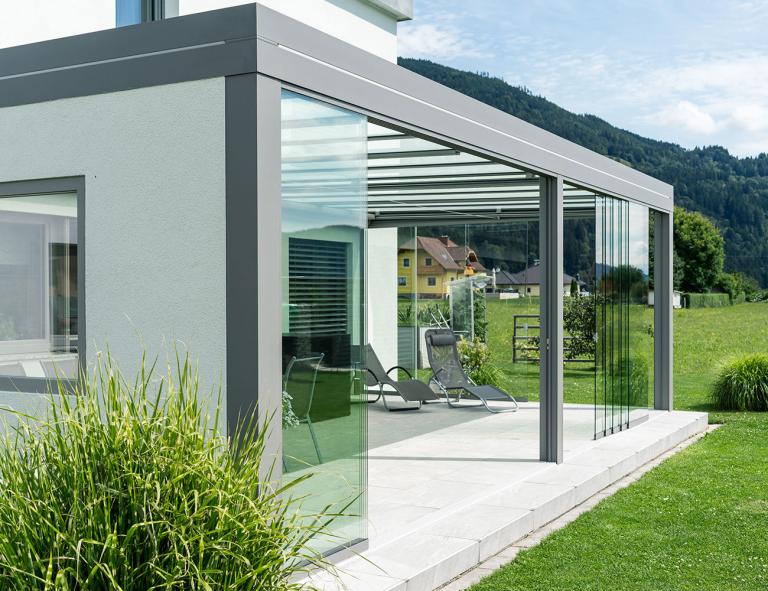Glass terrace enclosures are more and more often chosen by owners of houses and flats. They provide many benefits, such as increasing living space, protection against wind, rain and noise, and increasing the value of the property. Nevertheless, like any solution, glass buildings have their drawbacks. In this article, we will discuss the most common defects of glass terrace enclosures.
The first disadvantage to be mentioned is the cost. Glass terrace enclosures are one of the most expensive solutions available on the market. The cost of such an investment depends on many factors, such as the size of the terrace, type of glass, type of frame and many others. When building a year-round development, the costs may exceed tens of thousands of zlotys. Therefore, if we care about the glass terrace enclosure, we should be ready for high costs.
The second disadvantage is the need for maintenance. Glass surfaces are sensitive to scratches, which requires the use of special cleaning and maintenance agents. In addition, due to the large surface of the glass, cleaning the terrace enclosure can be very time-consuming. Therefore, if we are not ready for regular cleaning and maintenance, the glass terrace enclosure may be the wrong choice.
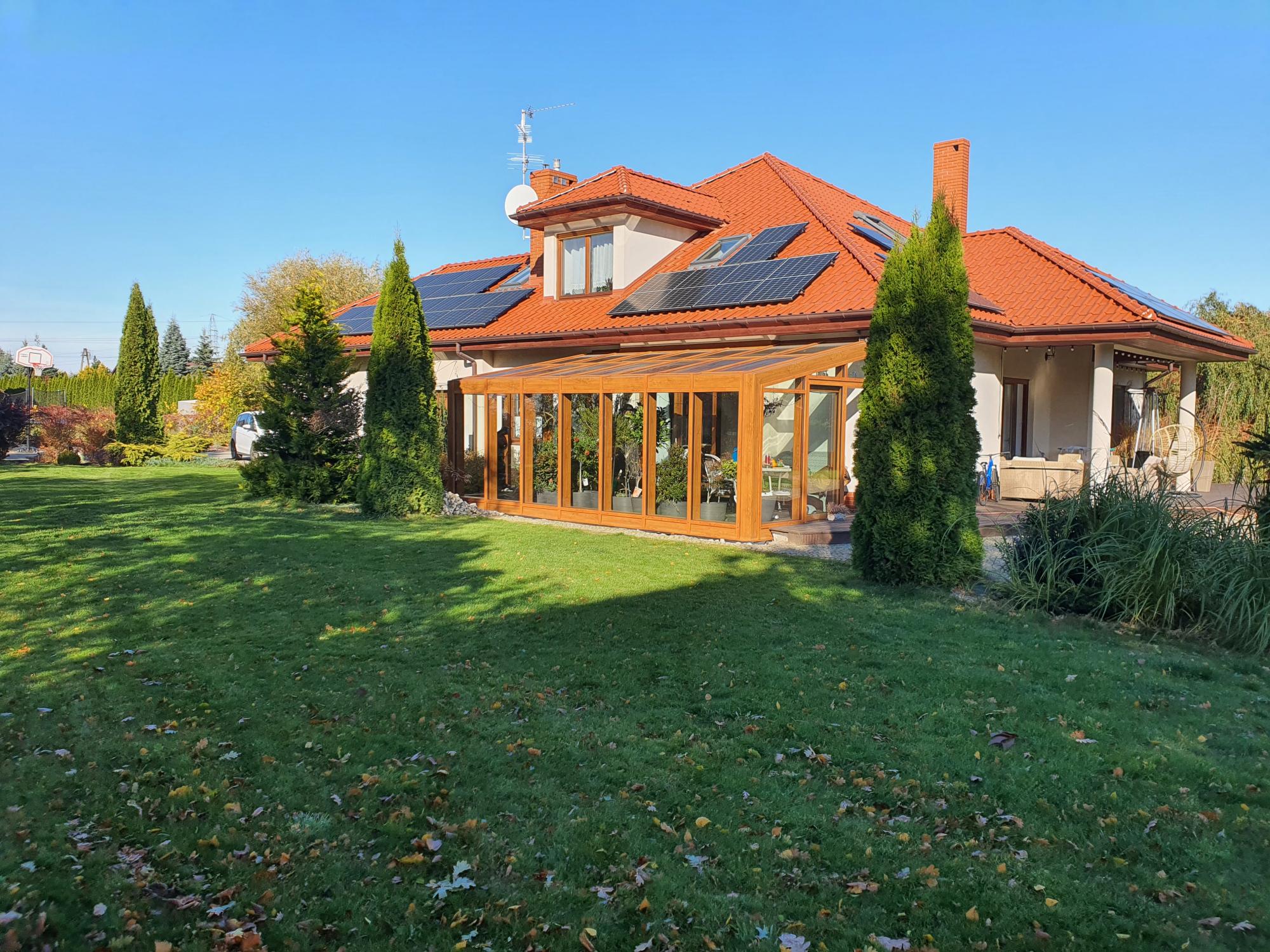
Another disadvantage of glass terrace enclosures is limited ventilation. Decking the terrace restricts the flow of air, which can lead to the accumulation of moisture and mold. In winter, the lack of ventilation can also cause condensation, which results in the deposition of moisture on the glass. Therefore, if we care about a good microclimate inside the glass terrace enclosure, we must remember about proper ventilation.
Another disadvantage that is often overlooked is the impact of the development on the natural environment. Glass terrace enclosures require large amounts of energy for production and transport, which results in the emission of carbon dioxide and other greenhouse gases. In addition, at the end of its useful life, glass is often difficult to dispose of and can pose a threat to the environment. Therefore, if we care about an ecological lifestyle, we should consider alternative solutions.
The last disadvantage of glass terrace enclosures worth mentioning is their sensitivity to weather conditions. Glass surfaces can easily be damaged by hailstorms, gales or other extreme weather events. In addition, in the event of large temperature differences between the inside and outside of the building, the glass may crack or break. Therefore, if we live in a place where strong storms or changeable weather conditions are frequent, the glass terrace enclosure may be at risk of damage.
Although glass terraces have many disadvantages, they are still a popular choice for home and apartment owners. To avoid some of the disadvantages, it is worth considering the use of alternative solutions, such as wooden or metal decking, which can be less expensive and more ecological. In any case, before deciding to install a glass terrace enclosure, it is worth carefully considering all its advantages and disadvantages and consulting a specialist.
In conclusion, glass terrace enclosures are a solution that offers many benefits, such as increasing living space, protecting against weather conditions and increasing the value of the property. Nevertheless, they have many disadvantages, such as high cost, need for maintenance, limited ventilation, environmental impact, sensitivity to weather conditions. Before deciding to install a glass terrace enclosure, it is worth carefully considering all its advantages and disadvantages and consulting a professional.


